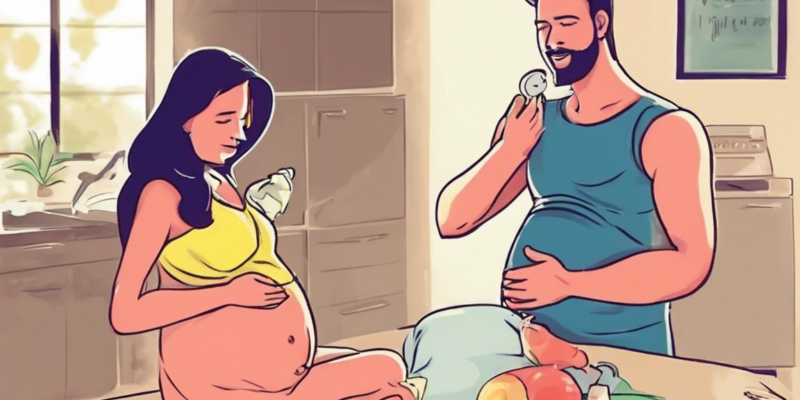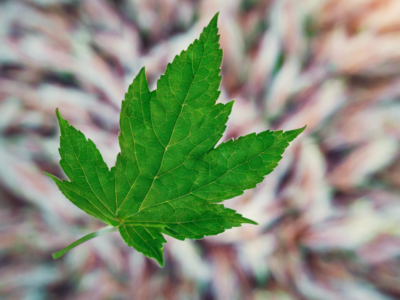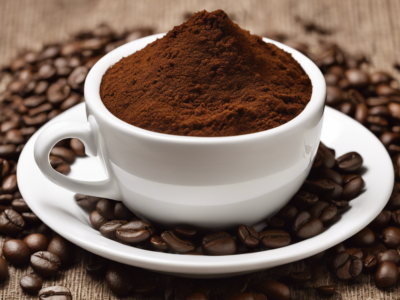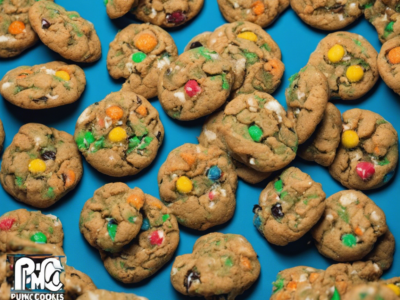Pregnancy is a special time when a woman’s body undergoes significant changes to support the growth and development of a new life. Eating a healthy and balanced diet is crucial during this time to ensure the well-being of both the mother and the unborn child. While many foods are safe to consume during pregnancy, there are some that should be avoided due to potential risks they may pose to the baby. In this article, we will discuss important foods to avoid during pregnancy to help expectant mothers make informed decisions about their diet.
Unpasteurized Dairy Products
- Unpasteurized dairy products such as soft cheeses like Brie, Camembert, feta, Roquefort, and queso fresco should be avoided during pregnancy as they may contain harmful bacteria like Listeria.
- Listeria infection can lead to serious complications including miscarriage, stillbirth, premature delivery, or illness in newborns.
Raw or Undercooked Meat and Eggs
- Raw or undercooked meat and eggs may contain harmful bacteria like Salmonella, E. coli, and Toxoplasma gondii, which can cause food poisoning and lead to severe consequences during pregnancy.
- It is recommended to cook meat and eggs thoroughly to kill any bacteria and reduce the risk of foodborne illnesses.
Fish High in Mercury
- While fish is a great source of nutrients like omega-3 fatty acids, pregnant women should avoid fish high in mercury such as shark, swordfish, king mackerel, and tilefish.
- Mercury can harm the developing nervous system of the fetus. Opt for low-mercury fish like salmon, shrimp, pollock, and catfish.
Raw Shellfish
- Raw shellfish like oysters, clams, and mussels should be avoided during pregnancy as they may contain harmful bacteria and viruses that can cause food poisoning.
- Cooked shellfish is safe to eat as cooking kills bacteria and viruses that may be present in raw shellfish.
Caffeine
- Caffeine intake should be moderated during pregnancy as excessive consumption has been linked to an increased risk of miscarriage and low birth weight.
- It is advisable to limit caffeine intake to 200-300 milligrams per day, which is equivalent to about one 12-ounce cup of coffee.
Alcohol
- Alcohol should be completely avoided during pregnancy as it can pass through the placenta to the baby and lead to fetal alcohol spectrum disorders (FASDs) that can cause physical, behavioral, and intellectual disabilities.
- It is best to opt for alcohol-free alternatives to ensure the health and safety of the developing baby.
Unwashed Produce
- Fruits and vegetables should be thoroughly washed before consumption to remove dirt, bacteria, and pesticide residues that may be harmful during pregnancy.
- Unwashed produce can harbor harmful pathogens that may pose a risk to the health of the mother and the developing fetus.
Excess Vitamin A
- While vitamin A is essential for fetal development, excessive intake of vitamin A from sources like liver and supplements can be harmful during pregnancy.
- High levels of vitamin A have been associated with birth defects. It is important to consult a healthcare provider before taking any vitamin supplements during pregnancy.
Unpasteurized Juices
- Unpasteurized juices should be avoided during pregnancy as they may contain harmful bacteria like E. coli or Salmonella that can cause foodborne illnesses.
- Opt for pasteurized juices or prepare fresh juices at home using well-washed fruits and vegetables to ensure safety.
Processed Junk Foods
- Processed junk foods high in sugar, salt, and unhealthy fats should be limited during pregnancy as they provide empty calories and offer little nutritional value.
- A diet rich in whole foods like fruits, vegetables, whole grains, lean proteins, and healthy fats is essential for the health and well-being of both the mother and the baby.
Frequently Asked Questions (FAQs)
1. Can pregnant women eat deli meats?
– Deli meats should be avoided during pregnancy due to the risk of Listeria contamination. If you choose to eat deli meats, make sure to heat them until steaming hot to kill any potential bacteria.
2. Is it safe to eat sushi during pregnancy?
– Raw or undercooked fish should be avoided during pregnancy due to the risk of foodborne illnesses. Opt for cooked sushi or vegetarian options to enjoy this dish safely.
3. Can pregnant women consume artificial sweeteners?
– While some artificial sweeteners are considered safe in moderation, it is best to limit their consumption during pregnancy. Opt for natural sweeteners like honey or maple syrup whenever possible.
4. Are herbal teas safe to drink during pregnancy?
– Some herbal teas may not be safe during pregnancy as they can trigger uterine contractions or have other adverse effects. Consult your healthcare provider before consuming herbal teas.
5. Is it okay to eat raw sprouts when pregnant?
– Raw sprouts like alfalfa, clover, and radish should be avoided during pregnancy as they have been linked to foodborne illness outbreaks. Cook sprouts thoroughly to reduce the risk of contamination.
In conclusion, maintaining a healthy and balanced diet is essential during pregnancy to ensure the best possible outcomes for both the mother and the baby. By avoiding certain foods that may pose risks during pregnancy and opting for nutrient-dense options, expectant mothers can support their own health and the development of their little one. If you have specific dietary concerns or questions, it is always best to consult with a healthcare provider to receive personalized guidance and support throughout your pregnancy journey.









